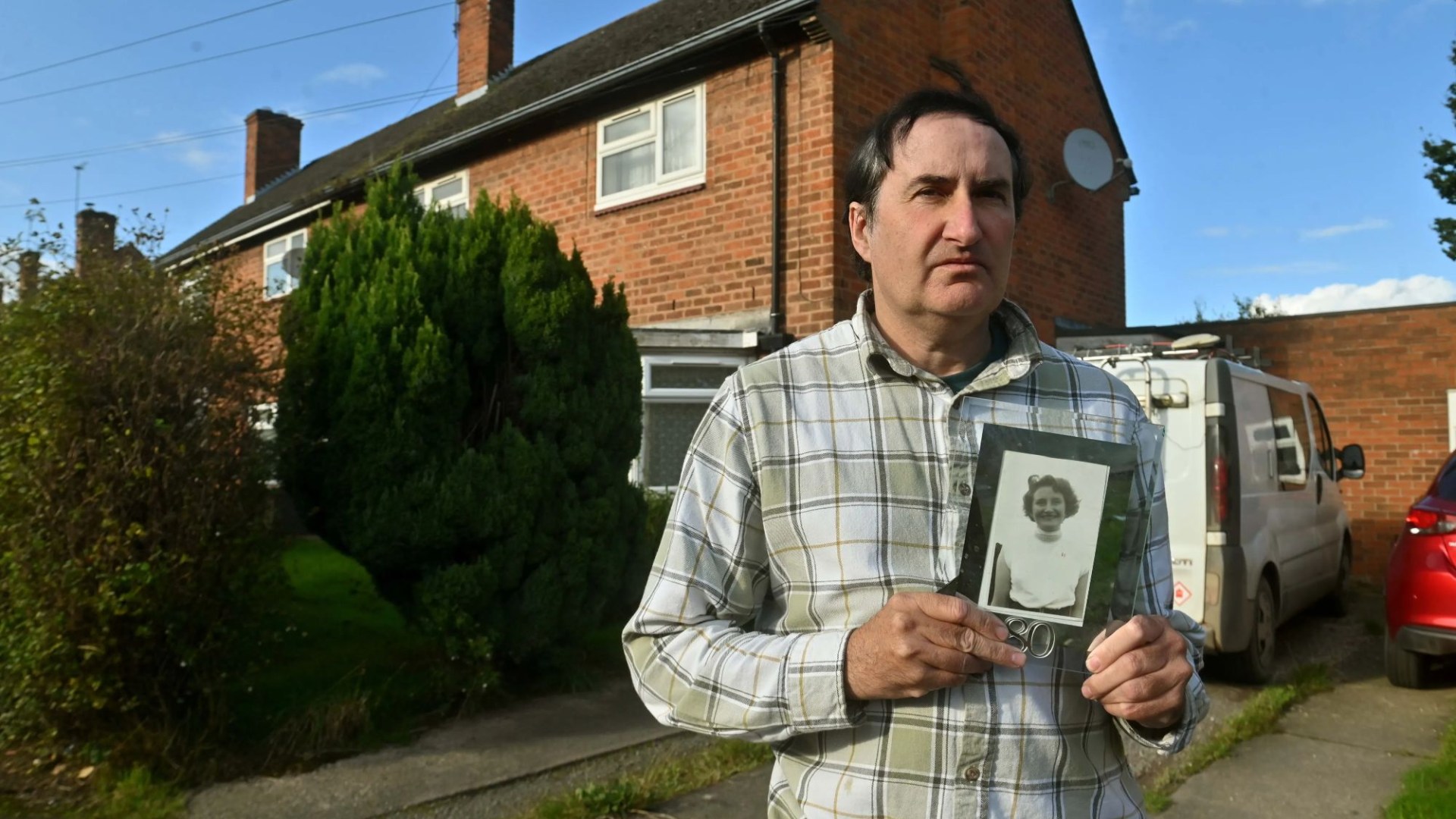In April, Hungarian investor Gábor Futó attended an event in London hosted by a private bank. The theme of the gathering was the end of the UK’s non-dom tax regime and conversations with the cohort of 50 or so wealthy foreigners who also attended unfolded in a similar vein.
“Everyone was talking about where to go, how to go and what happens with a trust,” the co-founder of real estate developer Futureal Group recalls.
The previous month, Tory chancellor at the time Jeremy Hunt had attempted to wrongfoot the Labour party when he unexpectedly pledged to abolish Britain’s colonial era non-dom regime, which allows wealthy foreigners to avoid paying UK tax on overseas income. But Hunt made a number of concessions which his then opposition shadow Rachel Reeves shortly afterwards vowed to end. Crucially, Labour pledged to end the use of offshore trusts to avoid inheritance tax — levied at a standard rate of 40 per cent in the UK.
Futó conducted a straw poll of the room, predominantly non-dom entrepreneurs and investors. He asked them if they would be willing to pay an annual fee of say £500k to remain in the UK and continue to enjoy the non-dom regime’s benefits. “Everyone raised their hands,” he said.
Facing a big personal tax hit — or the unappealing prospect of leaving the country to avoid one — the episode persuaded Futó there was an opportunity to modernise the tax regime for foreigners that would allow the UK to hold its own against the sweeteners offered by nations like Italy, Switzerland and the United Arab Emirates that are luring high earners.
Futó is one of the protagonists in a group of entrepreneurs, investors and advisers who are attempting to shape the biggest overhaul of the UK’s taxation of wealthy foreigners since the regime was put in place in 1799, to shelter those with foreign property from wartime taxes.
Building on earlier work done by a group of law firms including Withers, Charles Russell Speechlys and Taylor Wessing, the campaign has crystallised into Foreign Investors for Britain, a lobby group set up after the July general election. While much of the country faces tax rises at the upcoming Budget, but has neither the means nor the connections to lobby the government, Foreign Investors for Britain received an initial £300,000 in funding from its founding members, according to a person familiar with the situation.
Its main ask is for the government to put in place a tiered tax regime that would exempt non-doms from inheritance tax on non-UK assets and free them from UK levies on foreign income, gains and certain UK investments for up to 15 years.
They would pay different levels of annual charge to achieve this, ranging from paying £200,000 on net wealth as high as £100mn to £2mn for net wealth more than £500mn. This would mirror similar regimes in the likes of Italy and Switzerland.
“We support Labour doing away with the non-dom regime, which is antiquated,” said Alex Algard, a founding member of Foreign Investors for Britain, who moved to London from Seattle eight years ago to open the international headquarters of his software company Hiya. “But we want to lessen the blow for this important segment to UK tax revenue. These people are highly mobile, and it would be costly to the UK economy to lose them.”
The lobby group initially set out “to make sure the government was making decisions on an informed basis, not on the back of guesswork, blind optimism or previous research which was deeply flawed”, said Dominic Lawrance, a partner at law firm Charles Russell Speechlys and one of its early members. He admits that “financial modelling has been the hardest thing” because of the paucity of comprehensive data on contributions from the UK’s non-dom contingent.
It also wanted to dispel the idea that a 2023 report by academics at Warwick University and the London School of Economics was an appropriate basis for government policy. The report estimated that scrapping the tax perks enjoyed by the UK’s non-dom regime would net £3.6bn a year for the government. The findings suggested that there was only a “modest” risk of wealthy people leaving the country, something that anecdotal evidence from the lobby group’s members and their advisers contradicts.
Earlier this summer, Foreign Investors for Britain commissioned consultancy Oxford Economics to conduct a report on the proposed reforms, which it worked on throughout the summer holidays to complete. It set up a website and distributed an online survey to its network of non-doms and their advisers to establish the behavioural impact of any changes.
When the first phase of the OE report came out in September, it contradicted the academics’ figures, and those from the UK government’s own Office for Budget Responsibility. It estimated that, instead of raising additional tax revenues, the proposed reforms could cost the exchequer £0.9bn in 2029-30. It also found that 83 per cent of the 73 non-doms surveyed identified inheritance tax on worldwide assets as a key driver of their decisions.

Leslie MacLeod-Miller, chief executive of Foreign Investors for Britain, met officials from the Treasury and HM Revenue & Customs in early September to present the findings. The group has not engaged directly with the OBR, the person familiar with the situation said.
By late September, Reeves had also been warned by Treasury officials that parts of her plan — notably imposing inheritance tax on the global assets of UK residents who say their domicile is overseas — could end up costing money by driving a large number of wealthy taxpayers overseas.
Faced with a £40bn funding gap, the government signalled that Reeves was likely to drop the inheritance tax element of her plan, although she is still expected to raise the tax take overall on non-doms.
“We have to close a big fiscal gap, but we will only make tax changes that are pragmatic and raise money,” said one ally of Reeves. “We are not being ideological.” Despite the timing of Labour’s retreat, a government insider insisted that Foreign Investors for Britain’s lobbying efforts had not been “particularly effective”.
The second phase of the OE report, published last week, showed that its 95 non-dom respondents paid, on average, £800,000 of UK VAT in the 2023-24 tax year, and an average of £890,000 in UK stamp duty over the last five years. Wealthier non-doms paid substantially more of these levies, and respondents indicated they were already divesting significantly from UK assets, and pausing investment and philanthropy because they feared tax hikes.

Foreign Investors for Britain is expected to hold a call with Varun Chandra, Sir Keir Starmer’s business adviser, this week, and is updating the Treasury on any further data and research.
Also this week, OE plans to publish the third phase of its research, which will cover the potential fiscal impact of a tiered tax regime. A separate report from the free-market Adam Smith Institute last week recommended introducing an annual flat fee of £150,000 for non-doms, valid for 15 years, which it said could potentially generate at least £12.45bn annually in direct revenue.
“This is not just something that affects the wealthy,” said MacLeod-Miller. “These funds will go to frontline service like schools and hospitals.”
But time is running out for Foreign Investors for Britain’s lobbying efforts. With the Budget less than two weeks away, the most it can realistically hope for is for Labour to drop the inheritance tax element of its non-dom reforms while it considers alternative proposals — such as tiered tax — that would take longer to implement.
“The best thing the government could do would be on Budget day to say something to steel people’s nerves and stop the exodus,” said Lawrance at Charles Russell Speechlys. “But they don’t have the data they need to make a firm decision [on the tiered tax regime] . . . they haven’t had enough time to think it through yet.”















































































































































































You must be logged in to post a comment Login